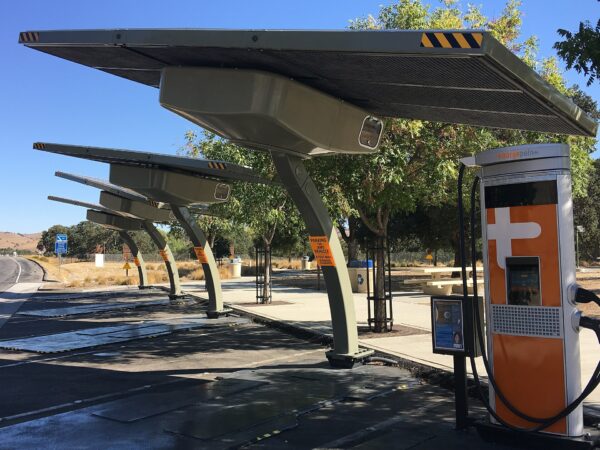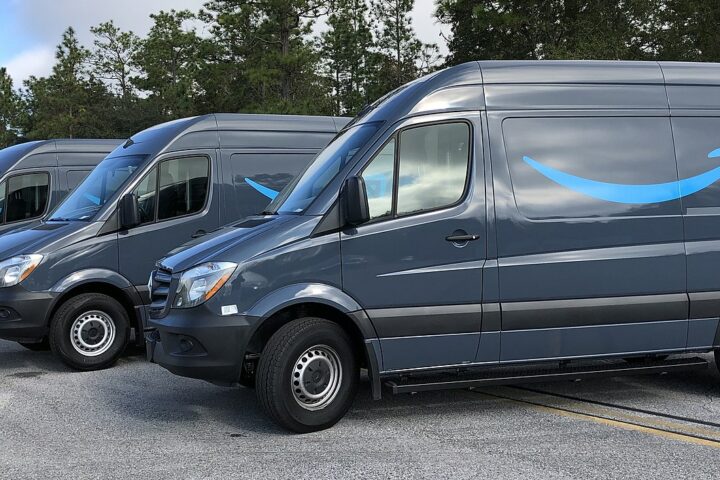Slate Auto, a startup backed by Jeff Bezos, has reportedly now quietly removed its promise to sell an electric pickup truck “under $20,000,” acknowledging the impact of President Trump’s new tax law, which will eliminate the $7,500 federal EV credit by September.
When Slate first unveiled the truck in April, it touted the vehicle’s price as achievable thanks to the federal credit.
The announcement helped the company amass more than 100,000 $50 reservations, and the automaker emphasized its bare-bones features — manual windows, no infotainment screen, and a minimalist design — that allowed for a lean production cost.
But following Congress’s passage of a Republican-sponsored tax package scheduled for Trump’s signature over the July 4 holiday, Slate has quietly changed its website messaging.
It no longer advertises the sub-$20,000 price point, removed in light of the imminent loss of the EV incentive.
Slate has not revealed the truck’s full pre-credit price. The company previously said it would be priced “under $27,500” before credits, implying that without the subsidy, buyers could expect a higher baseline.
With production slated to begin in late 2026 at a factory in Indiana, the sticker price sans incentive remains unclear.
At its core, Slate’s strategy targets affordability and customization. The no-frills “Blank Slate” platform is designed to be supplemented with over 100 accessories — from power windows to smartphone mounts — allowing owners to personalize their vehicles on demand. Its modular design also enables conversion from a two-seat pickup to a five-seat SUV with additional kits.
Slate’s emphasis on basic functionality and user customization positions the truck as a counterpoint to tech-heavy EVs, such as Tesla’s offerings.
The model offers a 150-mile range from a 52.7‑kilowatt-hour battery, with a 240‑mile option available; performance aligns more with practical use than performance metrics.
Industry observers caution that without the federal incentive, achieving a compelling price will be difficult, especially in those sensitive $20,000–$30,000 ranges.
Slate’s revised messaging signals market uncertainty and the importance of the federal credit to its value proposition.
While Slate has yet to announce a new price or adjust reservation terms, its move reflects broader turbulence in the EV market. Other makers are reassessing strategy amid shifting subsidies and soaring production costs.
For now, potential buyers and investors will closely watch whether Slate can deliver affordability on its own — or if its launch hinges on a U.S. tax policy reversal.
[READ MORE: Facebook’s Threads Launches it’s Own Inboxing System]









